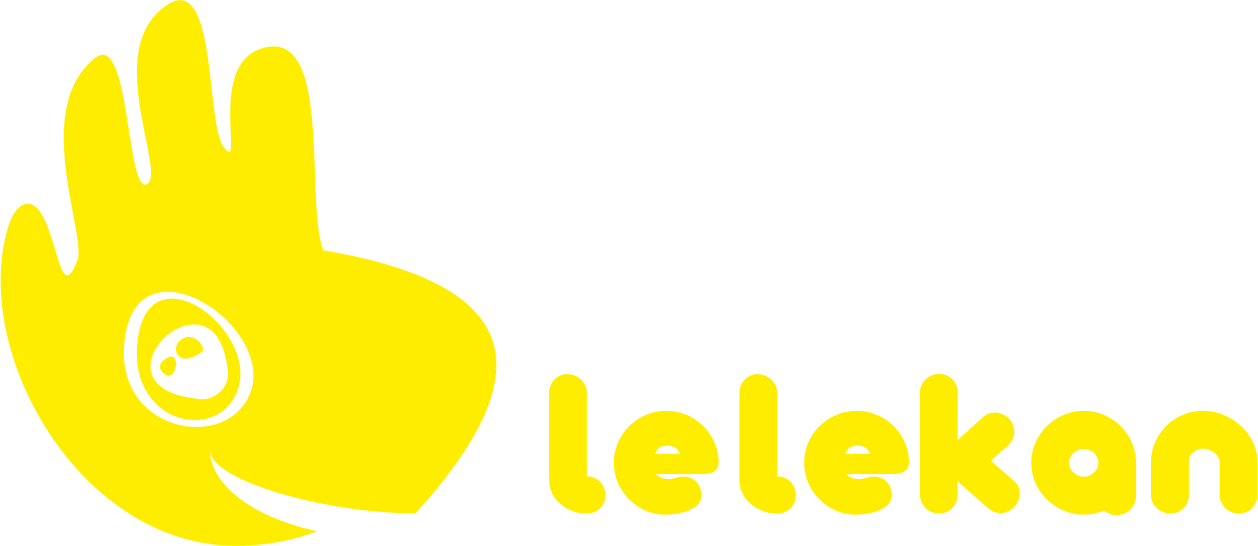Sumatra Board Game Review
Related Products
Sumatra takes you to what is most likely an unfamiliar area - the largest island in Indonesia - and asks you to do a probably familiar activity: while traveling around the area, make notes about what you see in a notebook.
Below is my notebook at the end of a five-player game. So, I saw a few people, a couple of crafts, three flora and fauna each, and (most impressively) two volcanoes, along with various equipment. I ignored Wi-Fi, GPS, and villages in this batch because it doesn't matter how much land you explore during your journey, since you still can't encounter everything.

There are nine types of tiles in the game, most of which allow you to accumulate points in different ways: people reward the player who saw the most (and punish the introvert who met the fewest locals), crafts give points for volume, flora and fauna give points only for the highest scores by species (and vice versa, for the lowest indicators there are no points at all), and so on. The game begins with randomly drawn tiles, so players have a stake in one or more areas of exploration, then you head off to wander the island - and then the game really begins.
Your tokens are joined by a tour guide on the island, and as your group moves to the first location, you choose a tile number from the briefcase. When you're with a guide, you can either stay with them and explore the current location and take a tile into your notebook if you want, or you can leave the group and run headlong to the next location. You won't get to take anything this turn since you're traveling alone, but next turn the guide will join you and any remaining tiles from the previous location will be moved to the side and replaced with new ones, and you'll have a chance to choose the first Hey, you get rewarded for your adventure. I hope something interesting came out...

If someone has moved to the next location, you know the guide is going to join that player on the next turn and you don't have much time left in the current location. Will you also advance to a new location, skipping a tile now to make a choice later? Or will you stay, picking up one of the remaining tiles before they are taken, all the while knowing that the next turn you'll need to run forward without picking anything up? It's a dilemma you'll face all the time: is the known bird better in the hand or the unknown and perhaps the bird better in the bush?
As you collect tiles, you begin to focus your attention along certain paths, both to earn points at the end of the game and to build bonus tile combos to accomplish certain things. The fewer players in the game, the more you can do, although of course everyone is trying to do it, so you'll still be elbowing for this bonus or the other and just as eager to make the first move, possibly giving up to the opponent what they left behind.

A two-player game is very different from a 3-5 player game because you're using the reverse side of the board with fewer tiles for each location, which means that not all one hundred tiles will be played. This also means that there is no guarantee that you will be able to finish collecting your collection or find the same Wi-Fi token that you need out of the box. The decision to stay or go can become even trickier, because if your opponent goes ahead and you don't, you give him a chance to choose the first two tokens of the next lot.
At heart, Sumatra is more than a series of choices, because it involves calculating the probability of what might fall and predicting what others might take. So this game is a compelling model of both vacation tours and real life, which also poses the question of whether to stay or move on, and that question comes up again and again. And every choice you make means you choose not to do a thousand other things at the same time.




